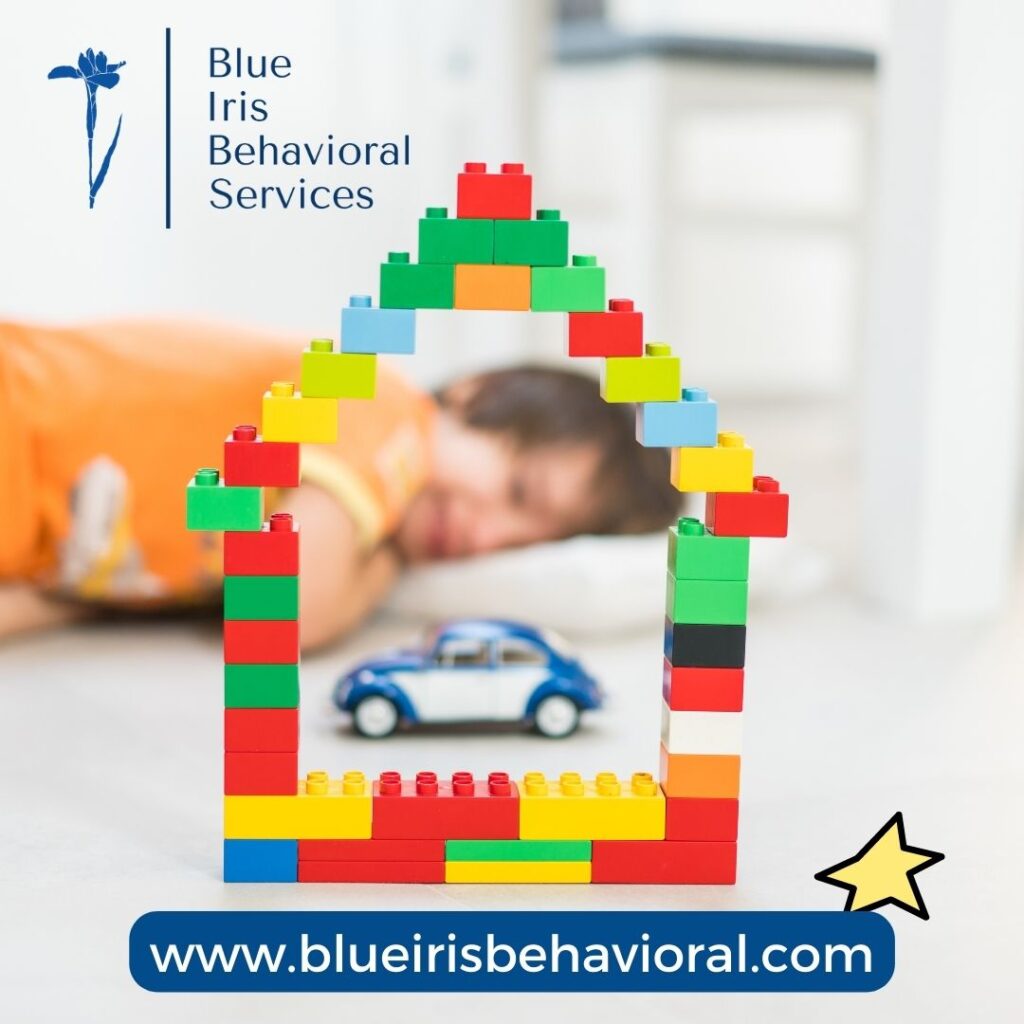
Many children and adults on the autism spectrum need help learning how to behave in the variety of social situations we may encounter in our daily lives. Social skills help all children know how to act in different social situations , from talking with grandparents to playing with friends at school. How can we prepare them to be able to develop these areas?
Developing social skills with practice can help improve participation in environments and enhance your well-being, happiness, and friendships. Social skills can help the person with ASD to make friends, learn from others, and develop hobbies and interests. These skills can also help with family relationships and give your child a sense of belonging.
And good social skills are important for mental health and overall quality of life.
In this post we collect information and advice on social skills together with useful tools to help improve the opportunities of people with autism in this regard.
What are social abilities?
Social skills are rules, customs, and abilities that guide our social interactions with other people and the world around us ( Autism Speaks ). For a skill to occur, learning has to take place and these skills occur when more complex brain functions have already been acquired, that is, some prerequisites. Generally, these prerequisites are achieved from the age of 6 in typical developments, and it may be that for a person with ASD, this may be more difficult.
Learning and developing these skills is challenging precisely because it is one of the defining difficulties of autism. Teaching social skills can be activities in which:
- Direct or explicit instructions of social practices are given and there are “teachable moments” with practices in realistic environments (natural context).
- The person needs to better focus attention at the time of the activity.
- Support is needed to improve communication and sensory integration in the planned experiences.
- Participants learn behaviors that predict important social outcomes such as friendship and happiness.
- The activity is considered a way to develop cognitive and language skills. In other words, for example, the use of language in real or rehearsed situations is improved and executive functions are also put into practice: changes, planning, conflict resolution, etc…
What social skills are affected by autism?
Sometimes teaching a child with autism social skills can be challenging. This is mainly because one of the key symptoms of autism spectrum disorder (ASD) is a lack or delay in communication and social skills. Symptoms that affect a child’s social skills are:
- Delays in speech development.
- Inability to read nonverbal cues.
- Not understanding the feelings of others.
- Difficulty understanding jokes, sarcasm, or teasing.
- Being unable to hold a conversation.
- Repeating words and phrases over and over again (echolalia) without functionality or meaning.
- Give unrelated answers to questions, or be out of the context of the conversation.
Looking at these symptoms, it is understandable that a child with autism may have difficulty interacting with others. This is why you may not make friends easily at school. At home, even playing with your siblings can seem almost impossible and that can lead to daily conflicts with the loss of family balance and well-being.

Social skills groups
Social skills groups offer an opportunity for people with autism of all ages to practice their social skills with each other and/or with peers on a regular basis and in a nurturing environment. There are research studies on the groups of social skills. Researchers identify aspects that make a group of social skills effective. Effective social skills groups should:
- Provide structure and predictability: activities are planned, reducing the risks of failure.
- Break down abstract social concepts into concrete actions: going from theory to practice.
- Work in pairs or in groups with cooperation and association encouraged.
- Provide multiple and varied learning opportunities.
- Foster self-awareness and self-esteem.
- Provide practice opportunities for skills to be used beyond the group in real life settings.
Strategies to help autistic children develop social skills
People with ASD can learn social skills and can improve these skills with practice. These ideas and strategies can help you develop social skills in stages like infancy through:
- practicing the game: learning to take turns, dealing with winning and losing, following the rules….
- congratulate: fostering self-esteem.
- role-playing games: they simulate different scenarios, enhancing the imagination.
- social stories
- video modeling
- visual supports: they structure and make predictable what is going to happen, reducing anxiety.